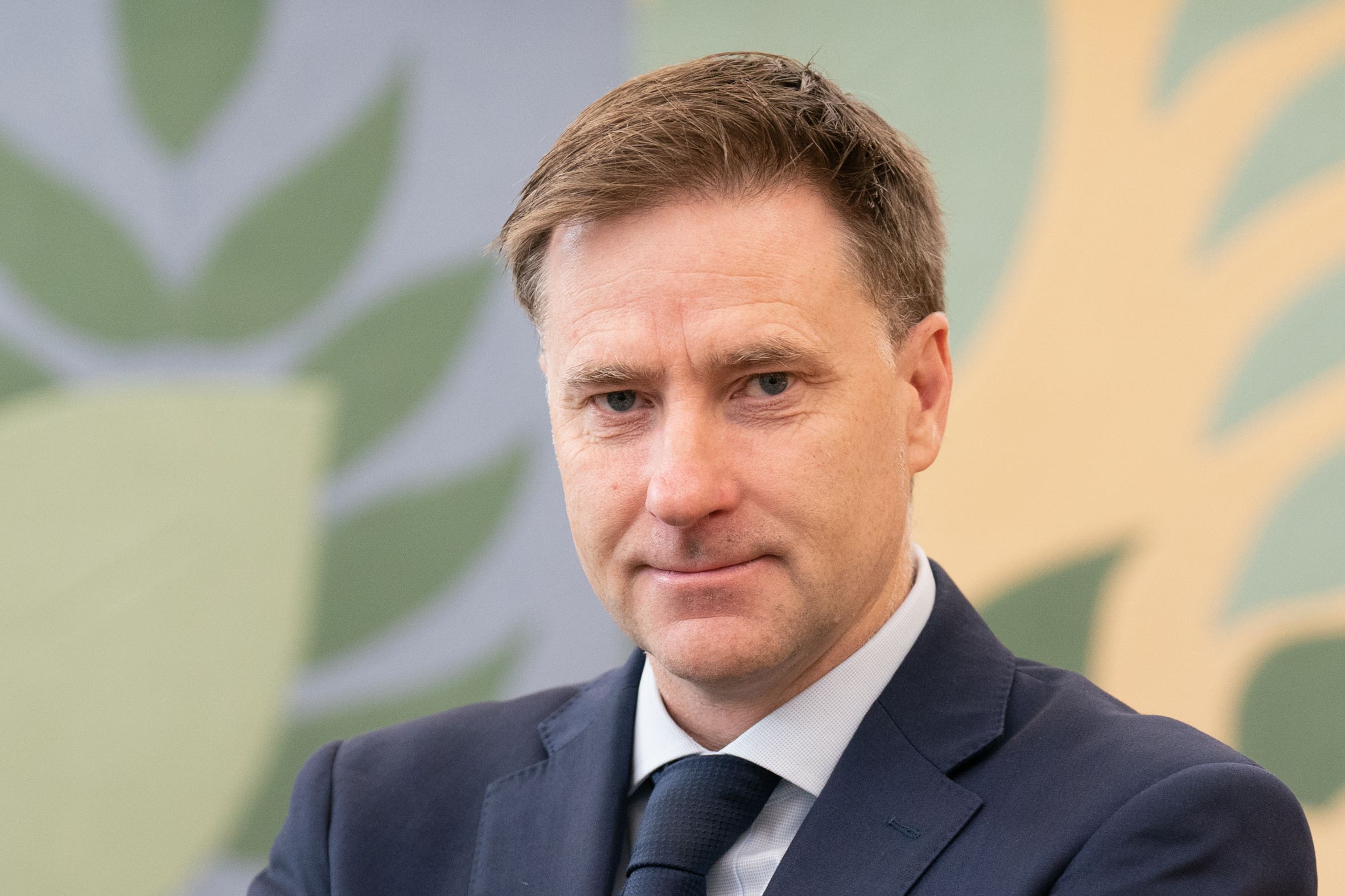Dame Esther Rantzen makes fresh call for assisted dying vote after MPs’ report
Dame Ester Rantzen reveals she joined Switzerland based assisted dying clinic Dignitas in December last year

Dame Esther Rantzen has made a fresh call for a vote on legalising assisted dying as MPs warn the government it must consider how to react if territories like the Isle of Man or Jersey relax their rules.
Parliament’s health and social care committee (HSCC) said it was looking “increasingly likely” that the islands would legalise assisted dying and suggested the government must come up with a plan on what to do if terminally ill patients in Britain want to travel to use the controversial treatments there.
The committee, which launched its inquiry eight months ago, has been criticised by campaigns for not making any recommendations for parliament to vote on the issue.
According to the HSCC, the government had made it clear it would be a matter for parliament to take any steps towards legalisation should MPs wish to do so.
Dame Esther, whose revelation that she had joined the Dignitas assisted dying clinic in Switzerland put the subject under the spotlight in recent months, said she was “disappointed” that there had been no clear call for a vote.
The Childline founder and broadcaster told the PA news agency: “The current law is a mess.
“No, this report does not help very much for those of us who desperately want the current law to change for the sake of our own families, and the many others in our situation.”
The 83-year-old, who has stage four cancer, has been campaigning on the issue, including backing the launch of a petition demanding a parliamentary vote, which amassed tens of thousands of signatures over a few weeks.
She added: “If they had said ‘we urgently need a parliamentary debate and a free vote’, you know, that could perhaps have fitted into my own timescale, but it doesn’t.”
The report recognised that the issue was currently being considered in Jersey and the Isle of Man, both of which are British Crown Dependencies. These are not part of the UK, but are “self-governing possessions of the British Crown”.
In Scotland, Liberal Democrat MSP Liam McArthur is expected to introduce an assisted dying Bill to Holyrood later in the year.

The committee, in its report published on Thursday, stated: “Although select committees usually make recommendations to government, in respect of [assisted dying] the government has made it clear that it will not take any steps towards legalising [assisted dying] but instead that this would be parliament’s role, should members wish to do so.”
Since launching its inquiry in December 2022, the committee received more than 68,000 responses from members of the public through an online form, with more than 380 pieces of written evidence also submitted.
Assisted suicide is banned in England, Wales and Northern Ireland, with a maximum prison sentence of 14 years.
But with the issue being considered in other jurisdictions, a “divergence in legislation” was something the government must prepare for, the report said.
The committee said: “The UK government must consider how to respond to another jurisdiction in the UK, or the Crown Dependencies, legislating to allow AD/AS, and how it may impact jurisdictions which do not allow it.
“Following the recommendation by the Jersey Citizens’ Assembly, it looks increasingly likely that at least one jurisdiction among the UK and Crown Dependencies will allow AD/AS in the near future and ministers should be actively involved in discussions on how to approach the divergence in legislation.”
No 10 has previously said it would be up to parliament whether or not to again debate legalising assisted dying.
Prime minister Rishi Sunak repeated that sentiment earlier this month saying it would be a free vote in parliament and that if a decision was taken for a change to the law, the government would facilitate that.
But Labour leader Sir Keir Starmer, who backed a change in the law in 2015, went further in December when he said that a private members’ bill and a free vote “seems appropriate”.
Sarah Wootton, chief executive of charity Dignity in Dying, said the committee’s report: “Acknowledges that law change is coming down the track in the British Isles and rightly calls on the government to engage in this debate. Both the prime minister and leader of the opposition accept this is a conversation we must have and have pledged to set aside time for it to be fully and fairly debated in the next parliament.”

Meanwhile, the report also concluded that while the UK had long been a world leader in palliative and end-of-life care, access to and provision of such care was “patchy”.
It said the government should “ensure universal coverage of palliative and end-of-life services, including hospice care at home” and called for an uplift in funding for hospices.
Health and social care committee chair Steve Brine said: “The inquiry on assisted dying and assisted suicide raised the most complex issues that we as a committee have faced, with strong feelings and opinions in the evidence we heard.
“We intend the information and testimony we present in our report today to have a lasting legacy and, as we set out in the initial terms of reference, be a significant and useful resource for future debates on the issue.”
Andrew Copson, chief executive of Humanists UK, said: “We are pleased to see that this report has made it absolutely clear that assisted dying can have a positive effect on end-of-life choices and that the public deserve agency and choice. However, the report doesn’t make any recommendations for legislative change. Despite the case being urgent and unarguable, the committee has missed the opportunity to move the debate forward.”
Join our commenting forum
Join thought-provoking conversations, follow other Independent readers and see their replies
Comments